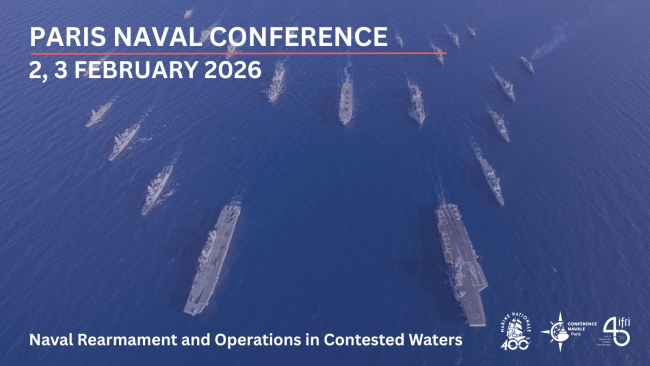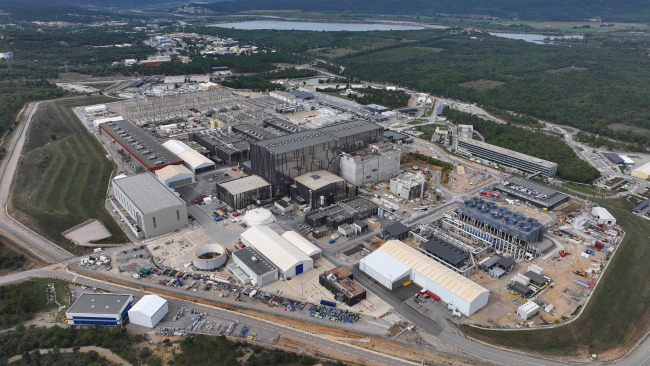How to Address Growing Disbalances in the European Electricity System?

Practical information

The EU has made extraordinary progress in deploying more renewable energy sources, to such an extent that major electricity system disbalances are appearing.
Therefore, five battles now need to be considered simultaneously: decarbonization and the expansion of low carbon generation, supply and demand side flexibility for the short and long term, transmission and distribution grids’ modernization and expansion, the electrification of end uses and, finally, resilient value chains. These require huge investments, coordination, planning and challenge once more the issue of the electricity market design, the distribution of risks and incentives, and the right balance between regulation and market factors. How can further market imbalances be fixed, in both the short and long term?
Webinar outline
Introduction:
Dr. Marc-Antoine Eyl-Mazzega, Director, Center for Energy and Climate, Ifri
Etienne Beeker, Power market expert: Growing European electricity market imbalances
Philipp Artur Kienscherf, Head of Research Area Electricity & Regulation, Energiewirtschaftliches Institut an der Universität zu Köln (EWI): Germany’s electricity market - what is the supply and demand side balance perspective in the medium term, and what are the implications of the Kraftwerkstrategie?
Dr. Philip Vogel, Team Lead Regulatory, RWE Offshore GmbH: Conditions for ramping up investment into low carbon generation and flexibility in Europe
Matt Hinde, Head of EU Affairs, National Grid: Thinking and planning in the UK
Moderation:
Diana Gherasim, Head of European Energy and Climate Policies, Ifri
Discussion with participants
The event will be held in English on the Zoom platform.
Related Subjects
Other events

Paris Naval Conference 2026: Naval Rearmament and Operations in Contested Waters
This fourth edition of the Paris Naval Conference (CNP), bringing together high-level military, industrial, and academic speakers, will address the challenges associated with general naval rearmament and naval operations in increasingly contested environments.

Is Fusion Coming Faster and Cheaper than Expected?
ITER was for long time the embodiment of fusion as an international, long standing R&D cooperation objective to seek a new way to produce safe, low carbon and abundant low carbon electricity. Yet over past years, fusion start ups, several governments and investors have decided to push fusion R&D and deployment to complement ITER. Major efforts are ongoing notably in the United States, China, Germany, Italy.






